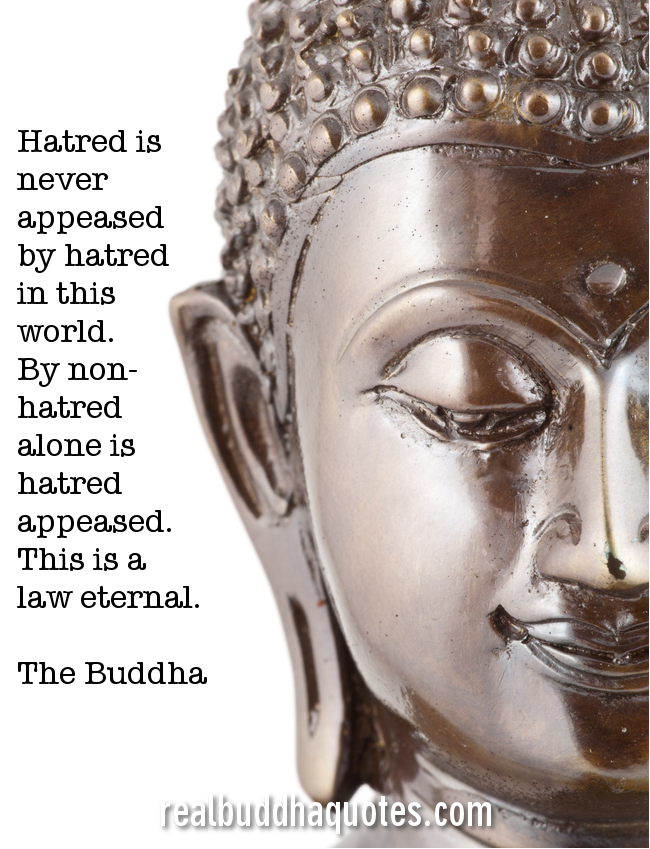-
Comment March 22, 2017
-
By not harming living beings one is called noble
Comment March 13, 2017 -
Even so shall I endure abuse
Comment March 13, 2017 -
This is the greatest blessing
Comment March 13, 2017 -
The Story of Two Pick-Pockets
Comment March 13, 2017Verse 63: The fool who knows that he is a fool can, for that reason, be a wise man; but the fool who thinks that he is wise is, indeed, called a fool.
The Story of Two Pick-Pockets
While residing at the Jetavana monastery, the Buddha uttered Verse (63) of this book, with reference to two pick-pockets.
On one occasion, two pick-pockets joined a group of lay-disciples going to the Jetavana monastery, where the Buddha was giving a discourse. One of them listened attentively to the discourse and soon attained Sotapatti Fruition. However, the second thief did not attend to the discourse as he was bent on stealing only; and he managed to snatch a small sum of money from one of the lay-disciples. After the discourse they went back and cooked their meal at the house of the second thief, the one who managed to get some money. The wife of the second thief taunted the first thief, “You are so wise, you don’t even have anything to cook at your house.” Hearing this remark, the first thief thought to himself, “This one is so foolish that she thinks she is being very smart.” Then, together with some relatives, he went to the Buddha and related the matter to him.
To the man, the Buddha spoke in verse as follows:
Verse 63: The fool who knows that he is a fool can, for that reason, be a wise man; but the fool who thinks that he is wise is, indeed, called a fool.
At the end of the discourse, all the relatives of the man attained Sotapatti Fruition.
Dhammapada Verse 63
Ganthibhedakacora VatthuYa balo mannati balyam
panditovapi tena so
balo ca panditamani
sa ve baloti vuccati.Source: Tipitaka
-
Calm down the winds of your mind
Comment March 2, 2017 -
Qualities that help us lead our daily lives
Comment March 2, 2017 -
Never forget where you came from
1 February 28, 2017 -
Speak well of others
Comment February 28, 2017 -
Remain calm, serene…
Comment February 26, 2017


















